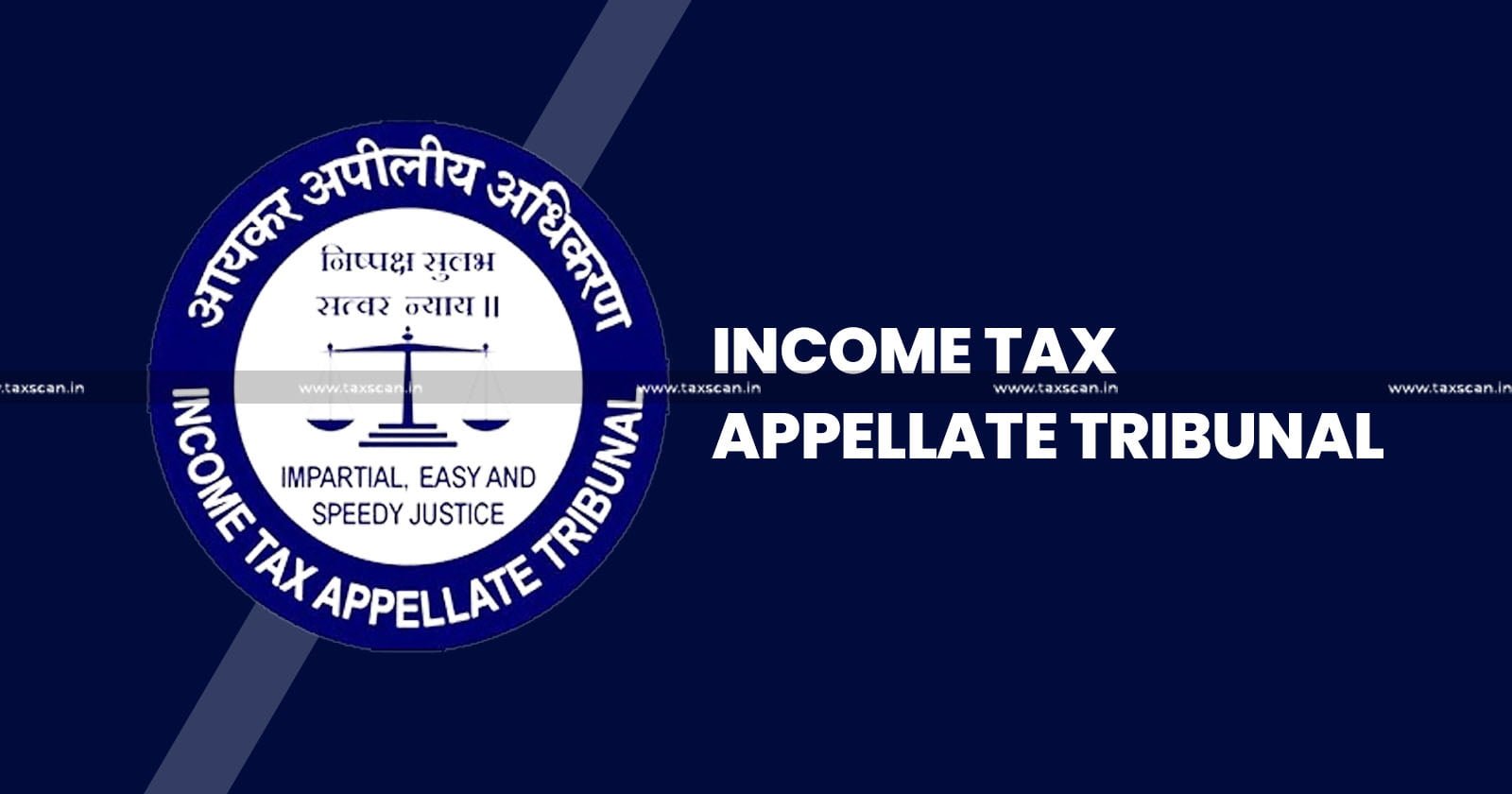DDT is Charge on Company's Profits, Not on Shareholder’s Income: ITAT Rules DTAA Rate Not Applicable [Read Order]
Observing that the DDT under Section 115-O of the Income Tax Act is a levy on the domestic company's profits and not on the shareholder's income, the Tribunal held that the beneficial tax rate provided under the Double Taxation Avoidance Agreement (DTAA) cannot be applied to the DDT liability.
![DDT is Charge on Companys Profits, Not on Shareholder’s Income: ITAT Rules DTAA Rate Not Applicable [Read Order] DDT is Charge on Companys Profits, Not on Shareholder’s Income: ITAT Rules DTAA Rate Not Applicable [Read Order]](https://images.taxscan.in/h-upload/2025/10/27/2100058-diidend-distribution-tax-taxscan.webp)
The Chennai Bench of the Income Tax Appellate Tribunal (ITAT) held that the Commissioner of Income Tax (Appeals) [CIT(A)] erred in directing the refund of excess Dividend Distribution Tax (DDT) paid by the company on dividends distributed to its non-resident parent.
Durr India Pvt. Ltd. (assessee) had distributed dividends to its non-resident shareholder in Germany and paid DDT at the domestic rate of 20.56% (inclusive of surcharge and cess) under Section 115-O of the Income Tax Act, 1961.
The assessee claimed that the rate of tax on dividend under the India-Germany DTAA, which is 10%, should be applied, and consequently sought a refund of the excess DDT paid.
Comprehensive Guide of Law and Procedure for Filing of Income Tax Appeals, Click Here
The CIT(A) had previously allowed the assessee's claim, relying on several Tribunal decisions which held that the DTAA overrides the domestic tax laws, entitling the taxpayer to the benefit of the lower DDT rate.
The Revenue challenged the CIT(A)'s decision before the ITAT, relying on the Hon'ble Apex Court’s judgment in the case of Godrej & Boyce Manufacturing Co. Ltd. and the Special Bench decision of the Tribunal in DCIT vs. Total Oil India Pvt. Ltd.
 Also Read:Applicability of 5% Tolerance u/s 56(2)(x): ITAT Rules Amendment Curative, Applies Retrospectively [Read Order]
Also Read:Applicability of 5% Tolerance u/s 56(2)(x): ITAT Rules Amendment Curative, Applies Retrospectively [Read Order]
The two-member bench, comprising George George K (Vice President) and S.R. Raghunatha (Accountant Member), noted that the issue was squarely covered by the Hon'ble Supreme Court's ruling.
The Bench cited the Godrej & Boyce judgment, which held that Section 115-O imposes an additional income tax on the company, not on the shareholder. It is a tax on the profits of the company which are distributed as dividends, and it is not a tax on the dividend income in the hands of the shareholder.
The Tribunal further relied on the binding Special Bench decision in DCIT v. Total Oil India Pvt. Ltd., which clearly stated that DDT under Section 115-O is a tax on the domestic company distributing dividends and not on the non-resident shareholder receiving the dividend.
Master the Latest Amendments in Income Tax Act Click here
The Bench concluded that since DDT is a final charge on the company's profits and the shareholder does not enter the DDT domain, Article 10 of the DTAA, which governs tax on dividends in the shareholder's hands, is not applicable to the company's DDT liability.
Therefore, the bench observed that the higher domestic rate of 20.56% was held to be correctly applied, and no refund was allowable. The Tribunal allowed the appeal filed by the Revenue on this ground.
Support our journalism by subscribing to Taxscanpremium. Follow us on Telegram for quick updates


